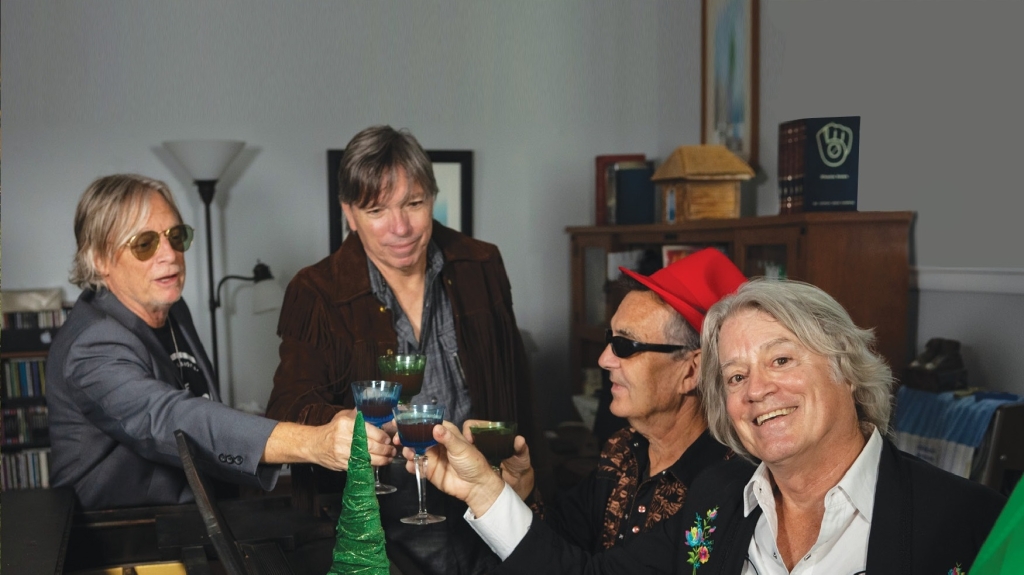
Before Netflix released “Pieces of a Woman” earlier this month, the idea that the film’s impact would be stultified by the latest allegations of abuse against Shia LaBeouf was already being floated about by publications that should know better than to dignify the hive’s inability to separate the art from the artist. But that’s where we’re at now as a culture. Rather than praise Vanessa Kirby for one of the most fearless screen performances in recent memory, people were suggesting that her work wouldn’t even be seen due to what one of her co-stars may or may not have done to an ex-girlfriend.
What we think, what we know, and what we can prove are three completely different animals at this point, but, if LaBeouf really did commit the abhorrent acts he’s accused of, HE deserves to be punished. I emphasize he, because we need to put an end to proximity cancellations before something I like to call The Cosby Conundrum runs amok.
The Cosby Conundrum is what arises when an otherwise deserving work of art gets sacrificed at the altar of public opinion based on the actions of an individual. Prior to Bill Cosby ever getting convicted in a court of law, The Cosby Show was essentially “cancelled” everywhere without anyone considering whether or not Phylicia Rashad, Lisa Bonet, Malcolm-Jamal Warner, and the rest of that talented ensemble deserved to have a significant period of their career erased from existence. Geoffrey Owens, who played Elvin Tibideaux from 1985-1992, once said that the lack of syndication led to him taking a side job at Trader Joe’s, so who are we really punishing by pretending as if “The Cosby Show” never spent five consecutive years as the highest rated show on television?
Then again, “Cancel Culture” never really had any rhyme or reason to its implementation to begin with. Who and what are punishable has more to do with likeability and/or ideology than anything else, because the entire movement has devolved into a mechanism for eliminating anyone with whom we disagree.
For example, Phil Spector was convicted of second degree murder in 2009 yet all is forgotten whenever the holiday season rolls around and his productions comprise the majority of Christmas music playlists. The problem with Spector is that his reach was so profound that cancelling him would result in a slew of industry giants being guilty by association, but the obvious question is why does Cosby get cancelled and Spector does not?
Therein lies the dilemma, because no one knows. While what each of them did was as serious as it gets, we’re now seeing careers get ruined for less and less every day with no end in sight.
All that matters now is that one person gets offended by something and garners enough support from the Twitter mob to create a controversy. These people don’t care about victims or facts as long as the outside world validates them as trying to make a difference. There are plenty of figures whose accomplishments are matched only by their questionable behavior, but at what point do the positives cease to be outweighed by the negatives?
I reflected on the life and legacy of Dr. Martin Luther King Jr. yesterday by watching Sam Pollard’s “MLK/FBI,” a documentary exploring the US government’s harassment of one of the greatest leaders this country has ever known, and couldn’t help but think about how the fact that he had multiple extramarital affairs would play out in today’s news cycle. Certain people would be so outraged by his behavior that they’d be trying to negate the validity of his work. Pollard’s film works, because he’s not concerned with trying to paint King as anything other than a flawed human being whose ideas about where America needed to go were too vital to be stifled by a scandal.
Just as the adults involved are responsible for the decisions that lead to their proposed cancellation, the rest of us should be deemed responsible enough to choose for ourselves whether or not we wish to continue to appreciate the ouevre of someone despite any allegations that are brought against them.
If you don’t care to watch “The Cosby Show” anymore, that’s your choice, but don’t make that same choice for everyone.






Leave a comment